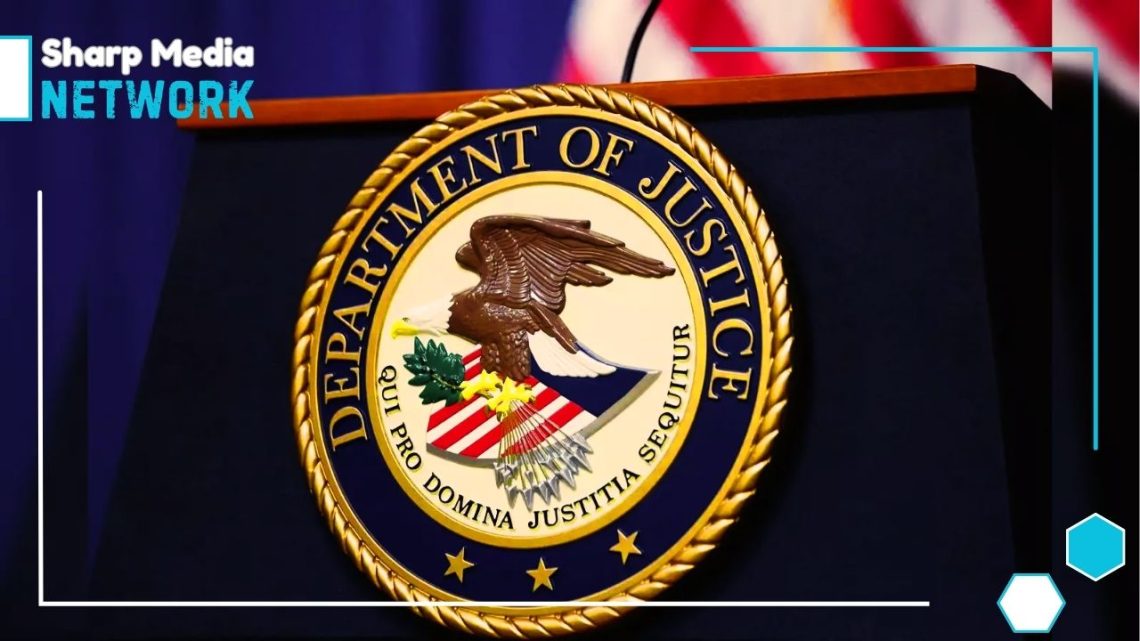
Indian National Sanjay Kaushik Faces US Charges Over Russia Aviation Trade Scheme
November 24, 2024In a damning indictment of international export violations, Indian national Sanjay Kaushik has been charged in the United States for conspiring to illegally export controlled aviation components to Russia. Arrested in Miami in October, Kaushik’s case has revealed a sophisticated operation aimed at circumventing strict US export laws during a time of heightened geopolitical tensions.
Kaushik, 57, is the Managing Partner of New Delhi-based Arezo Aviation, a company involved in air charter services. The charges against him include violations of the Export Control Reform Act, particularly attempts to export navigation and flight control systems with both civilian and military applications to Russia through India. The gravity of these accusations reflects the tightening US scrutiny of unlawful trade practices post-Russia’s invasion of Ukraine.
Court documents show that Kaushik, starting in March 2023, conspired with others to procure restricted aerospace components from the US under false pretenses. While claiming these goods were destined for his company in India, the true recipients were Russian entities—a clear violation of US export regulations amid ongoing sanctions against Russia. These attempts to mask the real end users of sensitive equipment highlight a brazen disregard for international law.
The US Justice Department’s swift action, resulting in Kaushik’s detention in an Oregon jail, underscores its commitment to enforcing export controls. US Magistrate Judge Stacie F. Beckerman denied Kaushik bail, citing him as a flight risk. If convicted, he could face a maximum of 20 years in prison and fines up to $1 million per count.
This case serves as a stark reminder of the risks associated with violations of global trade laws. Kaushik’s actions not only jeopardize international peace efforts but also cast a shadow on India’s aviation sector. The revelation of such illicit dealings further emphasizes the need for heightened regulatory oversight to prevent companies from becoming conduits for unlawful exports.
The US, in its effort to maintain a robust stance against Russia’s aggression in Ukraine, has expanded its enforcement of export laws. Kaushik’s case marks a significant step in holding violators accountable and sends a clear message: those attempting to bypass these regulations will face severe consequences.
Kaushik’s indictment represents a broader issue of illegal trade networks exploiting regulatory loopholes to facilitate sensitive technology transfers. As this case unfolds, it reinforces the imperative for global vigilance and cooperation to uphold international law and prevent the misuse of critical technologies.

